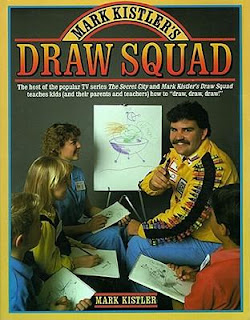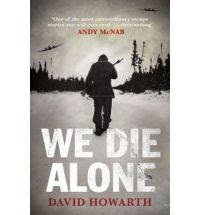I bind unto myself today
The strong Name of the Trinity
By invocation of the same
The three in one and one in three
I bind unto myself today
the power of God to hold and lead,
God’s eye to watch, God’s might to stay,
God’s ear to hearken to my need,
the wisdom of my God to teach,
God’s hand to guide, God’s shield to ward,
the word of God to give me speech,
God’s heavenly host to be my guard.
The version I've posted here is different to the traditional tune and is used by the Celtic monks.
The complete words of this hymn and some explanations of its meaning are on this site also.
The hymn starts properly at about the 2 minute mark.
The words to this hymn have been running through my mind all week. I've been using Dawn's free study of Charlotte Mason's motto with Moozle - I am a child of God, I can do all things through Christ who strengthens me...and it ties in beautifully with this prayer of St Patrick's.
Recently I've seen more and more eidence that a child naturally connects with many things. Charlotte Mason called it the 'Science of Relations.' I looked up the definiton of 'relations' and found some words that I could substitute in its place which helps to make sense of her idea. Words such as: connections, links, bonds, associations.
I always feel quite excited when these connections or relations happen without me having anticipated or planned them.
We were reading Age of Fable the other day and came to the story of Hero & Leander. This was Moozle's short synopsis of the story:
'There lived in the town of Abydos, a youth by the name of Leander, who loved a maiden who lived across the other side of the Hellespont (Dardanelles), in the town of Sestos. Her name was Hero and he used to swim across to visit her. One day he was swimming across, when a storm arose, and it was so violent that he drowned. When Hero heard about it she threw herself into the sea.
Swimming across the Hellespont was thought impossible, until Lord Byron did it.'
Swimming across the Hellespont was thought impossible, until Lord Byron did it.'
The Hellespont had come up somewhere else and immediately she was able to associate some previously separate ideas and learn also that Lord Byron, the writer of The Destruction of Sennacherib, a poem we have used for memory work, was a pretty good swimmer as well as a famous poet.
In fact, on the 30th August each year, a traditional swim is held to commemorate Lord Byron's swim from Europe to Asia in 1810 which he did in honour of Leander. He wrote a poem about it afterwards.
This was Lord Byron's account, although I think the modern swim is more like 3 km and contestants are given one and a half hours to complete it:
This morning I swam from Sestos to Abydos. The immediate distance is not above a mile, but the
current renders it hazardous...I attempted it a week ago, and failed, - owing to the north wind, and the wonderful rapidity of the tide, - though I have been from my childhood a strong swimmer. But, this morning being calmer, I succeeded, and crossed the 'broad Hellespont' in an hour and ten minutes.
current renders it hazardous...I attempted it a week ago, and failed, - owing to the north wind, and the wonderful rapidity of the tide, - though I have been from my childhood a strong swimmer. But, this morning being calmer, I succeeded, and crossed the 'broad Hellespont' in an hour and ten minutes.
And another neat little connection for us was finding that the current artist we're studing (J.M.W. Turner) painted The Parting of Hero and Leander in 1837:
A highlight from Macbeth:
We've probably enjoyed Shakespeare's comedies more than his tragedies but this week we hit some fun when we read from Act 5: Scene 3. Some good insults were stored up for future use...
'Thou cream-faced loon!'
'Where got'st thou that goose-look?
'Thou lily-livered boy!'
A Philosophy of Education, Pg xxx:
"Education is the Science of Relations"; that is, that a child has natural relations with a vast number of things and thoughts: so we train him upon physical exercises, nature lore, handicrafts, science and art, and upon many living books...

"Education is the Science of Relations"; that is, that a child has natural relations with a vast number of things and thoughts: so we train him upon physical exercises, nature lore, handicrafts, science and art, and upon many living books...
Family lunch extravaganza ie. everyone turns up so there's quite a crowd. Benj & Moozle cooked & prepared all the food with help from their Aunty D & Donna Hay...

Nothing fancy yet, but Moozle can cast on & off by herself & knows the basic stitches...
Connecting maths with science...
Nature lore...
Linking up with Weekly Wrap-up.
























